ITT Core Content and Early Career Frameworks: updating evidence
Feedback updated 30 Jul 2025
We asked
The Call for Evidence asked respondents to provide references to evidence that is relevant to trainee and/or early career teachers, stating their source’s methodology, context, recency, and relevance.
You said
There were 92 studies submitted that were accessible. Submissions included, but were not limited to: adaptive teaching, assessment, careers education, expectations, literacy and language, managing behaviour, mental or physical health and wellbeing, neuroscience, policy design and implementation, SEND, and subject and curriculum.
We did
The Call for Evidence captured the expertise of the sector and informed the iteration of the frameworks. The evidence examined indicated that alterations to the Early Career Framework and Core Content Framework would be moderate. The team at DfE worked with the Education Endowment Foundation and expert groups to explore where and how framework statements could be adjusted. The new framework, the Initial Teacher Training and Early Career Framework (ITTECF), was published 30 January 2024. A ‘review outcomes’ document summarises the outcomes of the review of the previous frameworks.
Overview
We’re seeking high-quality, relevant research that may inform amendments to the ECF and CCF.
Why your views matter
The CCF and ECF were based on the most up-to-date research into excellent teaching practice when published in 2019. The Education Endowment Foundation (EEF) independently reviewed the frameworks to ensure they draw on the best available evidence, interpreted with fidelity. However, evidence does not stand still, and DfE is committed to updating the frameworks as research progresses.
We are therefore seeking research that may inform amendments to the frameworks. It is not anticipated that this will involve a fundamental rewrite of the frameworks. The aim is to build on what is there to ensure the frameworks are up-to-date and fit-for-purpose.
What happens next
Evidence submitted will be considered by DfE and EEF on the basis of whether it is robust, relevant and helpfully supplements the existing evidence cited in the framework. Decisions about amendments to the frameworks will be taken by the DfE, working with panels of experts.The final frameworks will be independently reviewed and quality assured by the EEF to ensure they draw on the best available evidence and that this evidence has been interpreted with fidelity. It is not anticipated that this will involve a fundamental rewrite of the frameworks. The aim is to build on what is there to ensure the frameworks are up to date and fit for purpose.
Audiences
- Early learning and childcare providers
- Educational Psychologists
- Those researching children’s social care or education systems, with links to educational outcomes of Children in Need
- Training providers
- Universities
Interests
- Education
- Teaching and learning (SEND)
- Training and development

Share
Share on Twitter Share on Facebook